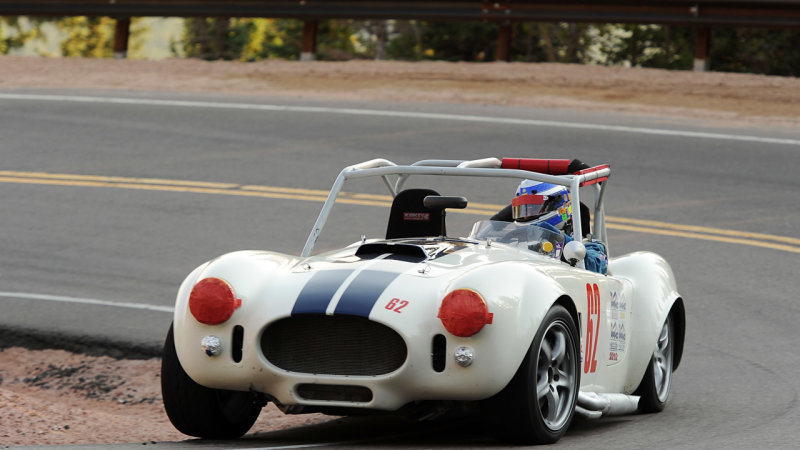Replica fans rejoice! After five years of bureaucracy, a new US Department of Transportation rule will make it legal to sell ready-made replica cars in the United States. The final line was signed last week by Deputy Administrator James Owens of the National Highway Traffic Safety Administration (NHTSA).
Since kit cars have been sold here for decades, this may not seem like news, but the main differentiator is that the new rule allows for the production and sale of complete, fully assembled replicas. Like the US import law, it only allows the sale of vehicles at least 25 years old, and builders will still need to license the original designs from manufacturers, but this alleviates many restrictions on the production and sale of both aftermarket reproduction and factory-built “continuation” cars.
“SEMA welcomes NHTSA’s latest rule that allows companies to market classic themed cars,” said Christopher J. Kersting, SEMA president and CEO. “Regulatory barriers have previously prevented small car makers from producing classic cars for enthusiastic customers. The roadblocks have been removed. Companies can hire employees, make the necessary parts and components, and manufacture and sell cars. “
There are some limitations. Mazda can’t just replicate its tools for the 1990 Miata and, in other words, get them back running at the same volume. Manufacturers are limited to producing just 325 units per year (making large tools financially unsustainable) and the engines used must meet current model year emissions standards. The EPA has set guidelines for builders who may want to go down this path.
The $ 305 billion bipartisan bill (detailing the credits for the Highway Trust Fund, including road, bridge and mass transit programs) was passed as early as 2015, but implementation of the new replication rules was held up at NHTSA.
Related video:
